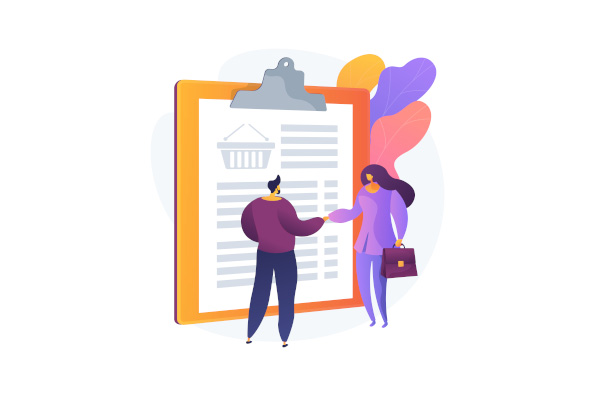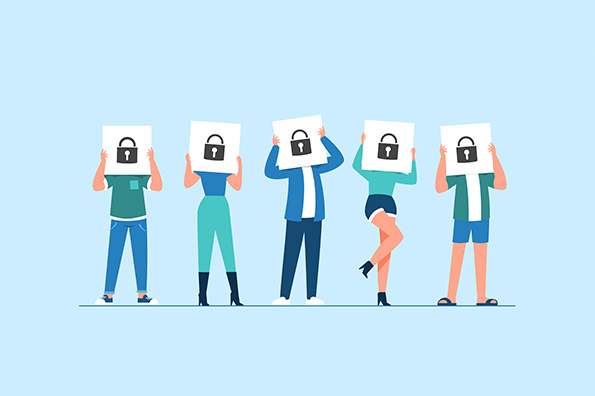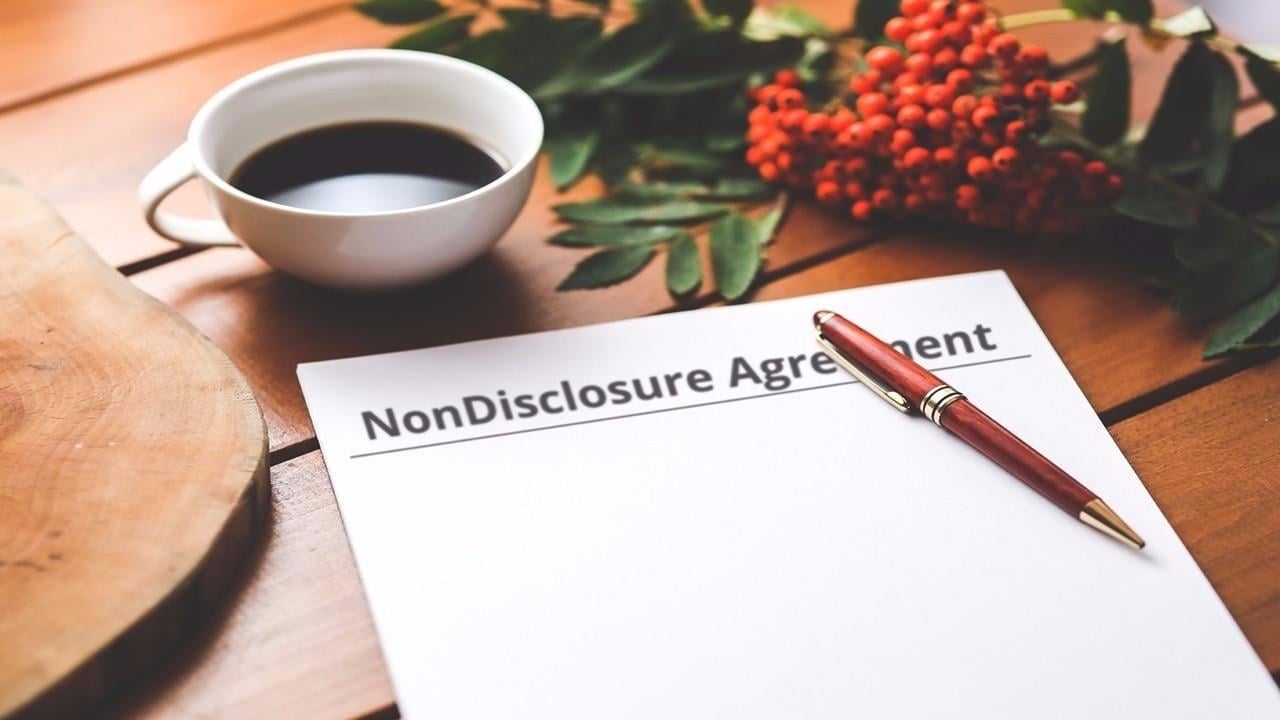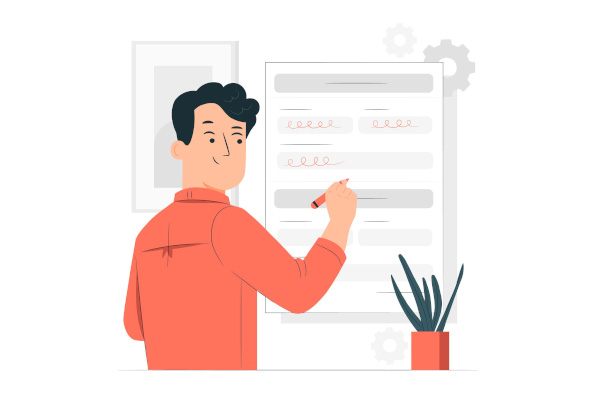How to Create and Protect Your Trade Secrets
If your company has valuable information that you wouldn’t want a competitor to possess, chances are it could be considered a trade secret. To...
3 min read
 Chris Daming, J.D., LL.M.
:
Aug. 4, 2024
Chris Daming, J.D., LL.M.
:
Aug. 4, 2024
When you're sharing sensitive information, it's crucial to have the recipient sign a Non-Disclosure Agreement (NDA) before you share anything. While we dive deep into NDAs in this guide, the most important concept to understand is the difference between what is and isn't confidential. Without this distinction, you might unknowingly give away valuable information without any legal protection.


Legal GPS Pro
Protect your business with our complete legal subscription service, designed by top startup attorneys.
Contrary to what you might think, most ideas by themselves are not considered confidential. For example, simply having an idea for a new app, product, or service typically isn't enough to require confidentiality. However, when you have a business plan, strategy, or process for executing that idea, you might be dealing with confidential information. Here's a quick breakdown:
A good rule of thumb: if the information you're sharing could provide a competitive advantage to someone else, then it is likely confidential.
Let's say you have a customer list or a proprietary process, and you share it with someone without having them sign an NDA. If that person uses or discloses your information, you’ve likely lost all the value that information held.
Why? Because without an NDA, what was once confidential can no longer be protected as a trade secret. For example, if you share a customer list with a potential buyer, and they decide to use that list for their own purposes, it's no longer legally a trade secret. This makes your confidential information essentially worthless.
Protect Business Secrets With NDAs
Ask yourself these two questions:
If you answer "yes" to both, then you need an NDA. If your information isn't confidential or you're not sharing it with anyone, then an NDA might not be necessary.
One misconception is that requiring an NDA makes you seem inexperienced or overly cautious. Some say, “If you ask an investor or potential buyer to sign an NDA, they’ll laugh you out of the room!” While that can be true in certain contexts, it's only half the story.
If you’re sharing general pitch information that isn’t confidential, an NDA likely isn’t appropriate. But if your information includes valuable business data, strategies, or anything a competitor could misuse, asking for an NDA is the smart move.
Failing to protect confidential information can have devastating consequences for your business. Most valuable information isn’t protected by a patent—it’s protected by its status as a trade secret. But in order for information to qualify as a trade secret, two things need to be true:
The minute you share that information without an NDA, it can lose its confidential status, which means it's no longer a trade secret and could be freely used by others.


Legal GPS Pro
Protect your business with our complete legal subscription service, designed by top startup attorneys.
To safeguard your business, the simplest solution is to make sure that anyone you’re sharing confidential information with signs an NDA. This ensures that the recipient legally agrees to keep your information private. You can easily get started by downloading our customizable NDA template to tailor to your specific needs.
For more information on this topic, check out our blog on the effects of failing to protect confidential information.
Let’s look at a common scenario to illustrate why an NDA is so important.
Example: Will’s Costly Mistake
Will, an entrepreneur, hired a contractor to manage social media for his online business. The contractor had full access to the company’s Google Drive, which contained sensitive customer data, business strategies, and marketing plans. Unfortunately, Will never asked the contractor to sign an NDA.
Months later, the contractor left to work for a direct competitor. Will soon noticed that the competitor launched a similar product and, worse, began poaching Will’s customers. Without an NDA, Will had little legal recourse. Even though it was clear that the contractor took valuable business information, Will couldn't claim it as a trade secret because it was shared without any formal confidentiality agreement.
If Will had required the contractor to sign an NDA, he would’ve been in a much stronger legal position. By failing to take this precaution, Will lost the competitive advantage his customer data and business strategies provided.
Don’t risk losing the value of your confidential information. Make sure that anyone you share it with is legally obligated to keep it secret.
Get started today by downloading our NDA template to ensure your business remains protected.
The biggest question now is, "Do I need a lawyer for an NDA?” For most businesses and in most cases, you don't need a lawyer to start your business. Instead, many business owners rely on Legal GPS Pro to help with legal issues.
Legal GPS Pro is your All-In-One Legal Toolkit for Businesses. Developed by top startup attorneys, Pro gives you access to 100+ expertly crafted templates including operating agreements, NDAs, and service agreements, and an interactive platform. All designed to protect your company and set it up for lasting success.

Legal GPS Pro
Protect your business with our complete legal subscription service, designed by top startup attorneys.

100+ legal templates, guides, and expert advice to protect your business.
Trusted by 1000+ businesses

If your company has valuable information that you wouldn’t want a competitor to possess, chances are it could be considered a trade secret. To...

Imagine this scenario: you’re trying to get another party to sign an NDA, but you’ve already disclosed confidential information to them. If that’s...

For your NDA, you have to define what information you’re declaring as “confidential.” And there’s a good reason for this -- imagine that your...